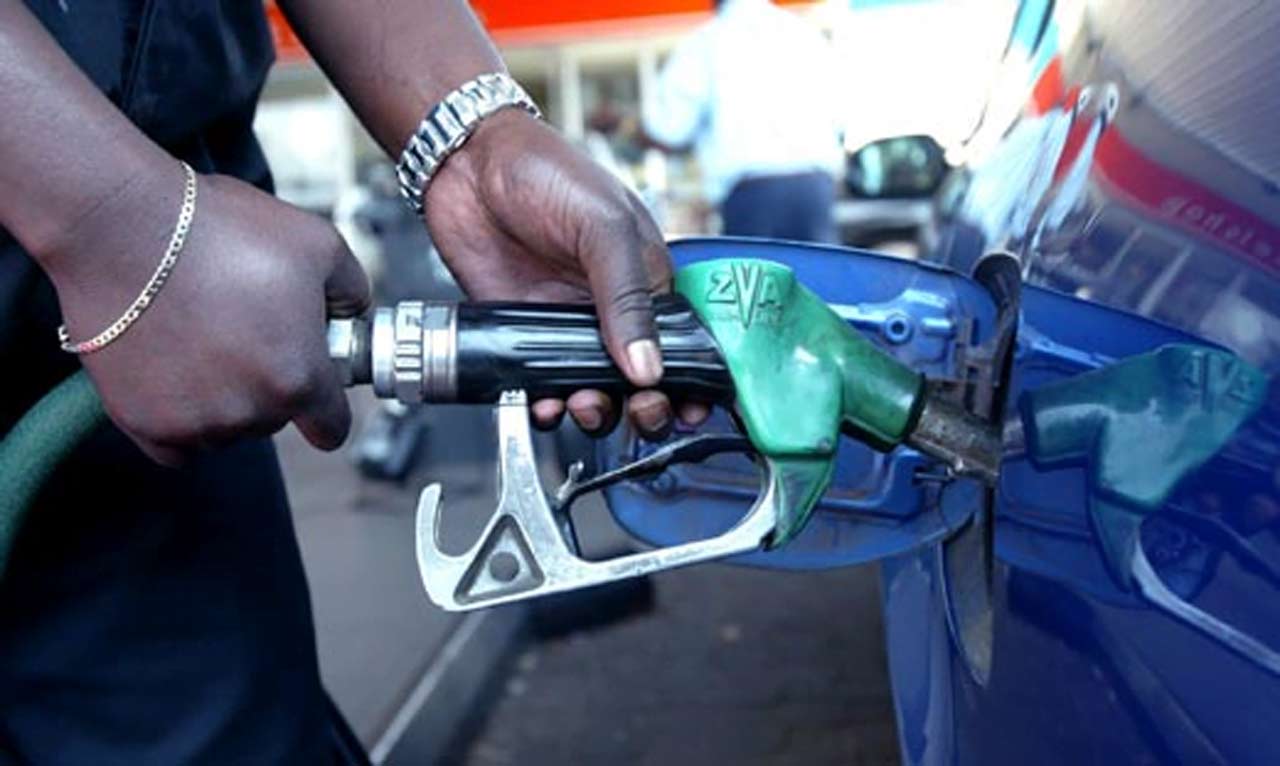A major shift in Nigeria’s petroleum landscape emerged Saturday as the Nigerian National Petroleum Company Limited (NNPCL) announced a significant reduction in its ex-depot price for Premium Motor Spirit (PMS), commonly known as petrol. The state-owned oil company has reduced prices from N1,020 to N899 per litre, marking a strategic response to recent market dynamics and increasing competition in the downstream sector.
The price adjustment, confirmed through a statement from the Petroleum Products Retail Outlets Owners Association of Nigeria, appears to be directly influenced by the Dangote Refinery’s recent pricing decision. The development signals an intensifying competition in Nigeria’s newly deregulated downstream petroleum sector, potentially benefiting consumers across the country through more competitive fuel prices.
Dr. Joseph Obele, the National Public Relations Officer of the association, revealed that the price reduction was detailed in an official document from NNPCL’s Commercial Department. The new pricing structure implements a regional approach, with slight variations based on location. While most regions will access fuel at N899 per litre, marketers operating in specific southern regions including Warri, Oghara, Port Harcourt, and Calabar will purchase at N970 per litre.
This strategic price reduction represents a significant shift in the competitive landscape of Nigeria’s petroleum sector, particularly following the government’s deregulation policies. The move by NNPCL demonstrates the growing impact of market forces in determining fuel prices, a stark contrast to the previous era of strict government price controls.
The timing of NNPCL’s decision, coming shortly after Dangote Refinery’s price reduction, highlights the emerging competitive dynamics in Nigeria’s downstream sector. This development marks a notable departure from the historical monopolistic structure of Nigeria’s petroleum market, where NNPCL traditionally dominated as the primary supplier of petroleum products.
Market analysts suggest that this competitive pricing strategy could trigger a broader ripple effect across the sector, potentially influencing other players to reassess their pricing structures. The development is particularly significant given Nigeria’s historical challenges with fuel pricing and availability, which have often led to economic pressures on both businesses and households.
The regional pricing approach adopted by NNPCL reflects a nuanced understanding of market dynamics and logistical considerations across different parts of the country. The variation in prices between regions acknowledges the real-world challenges of fuel distribution across Nigeria’s vast territory, while still maintaining competitive rates.
For consumers, this price reduction could translate to improved access to more affordable fuel, potentially easing the financial burden that has intensified since the removal of fuel subsidies. The competition between major players like NNPCL and Dangote Refinery suggests a possible trend toward more stable and market-driven pricing mechanisms.
The development also signals a potential transformation in Nigeria’s domestic refining capacity and fuel supply chain. With both NNPCL and Dangote Refinery actively competing in the market, the country appears to be moving toward reduced dependence on imported petroleum products, a long-standing goal of various administrations.
Industry experts note that this price reduction could have broader economic implications, potentially affecting transportation costs, inflation rates, and overall economic activity. The competitive pricing environment might also attract additional investments in the downstream sector, further strengthening Nigeria’s petroleum industry.
As the market continues to evolve under the deregulated framework, stakeholders are watching closely to see how this price reduction will influence overall market dynamics and consumer behavior. The move represents a significant step toward a more competitive and efficient petroleum sector in Africa’s largest economy.
The price reduction also demonstrates the tangible benefits of market deregulation, showing how competition can drive prices down and potentially improve service delivery in the petroleum sector. As Nigeria continues its journey toward a fully deregulated downstream sector, such competitive practices may become increasingly common, potentially leading to more stable and efficient fuel pricing mechanisms across the country.



